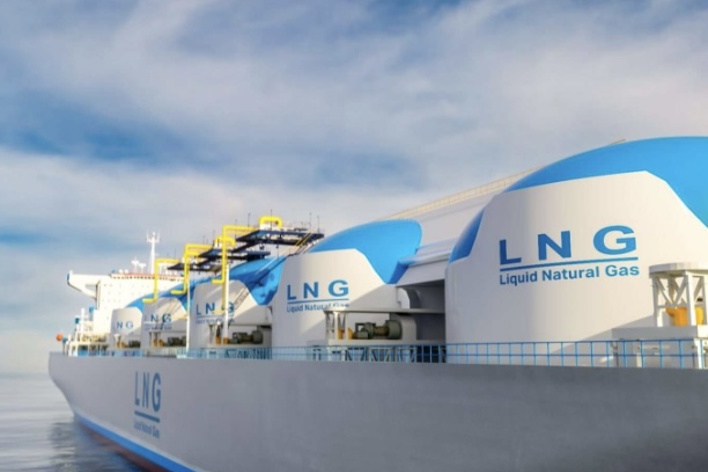
LNG
Liquefied Natural Gas (LNG)
LNG has established itself as a prominent transitional fuel in the maritime sector, offering considerable environmental advantages over traditional heavy fuel oils. It delivers substantial reductions in emissions of sulfur oxides (SOₓ), nitrogen oxides (NOₓ), and particulate matter, while also lowering carbon dioxide (CO₂) emissions by approximately 20%, supporting compliance with current and upcoming environmental regulations.
One of LNG’s key strengths lies in its existing global infrastructure and growing bunkering network, which provide reliable access for vessels operating on international routes. Its compatibility with advanced engine technologies and the increasing adoption of dual-fuel systems make LNG a practical solution for shipowners aiming to reduce their environmental impact without compromising operational efficiency.
While not a zero-emission fuel, LNG represents a critical step toward cleaner maritime operations. It also opens the door to future use of bio-LNG or synthetic LNG, which could offer further emissions reductions, reinforcing its role as a bridge fuel in the industry’s transition to full decarbonization.

Fuel price updates: Three times a week.
Subscribe to keep you ahead!